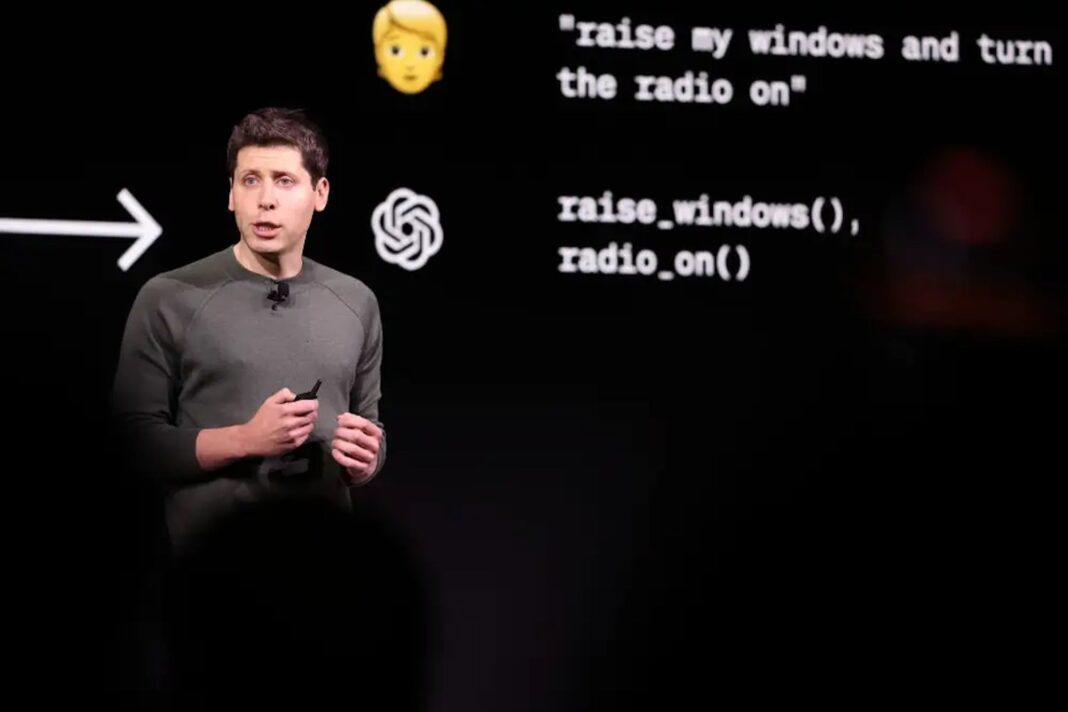It’s only been a year since the launch of ChatGPT and the world is already dividing into those who are using it to get ahead, and those who aren’t.
The bot is estimated to have accumulated 1.7 billion users over the year. Within two months of its release, students were using the tool to save time or actually cheat in writing essays.
Despite handwringing at the time, the kids were just the early adopters.
There is growing evidence that artificial intelligence tools such as ChatGPT can make you more efficient and capable at work. Taken to its logical conclusion, smart use of AI at work could fast-track you to promotion or more opportunities.
A recent study from Harvard Business School study looked at what happened when OpenAI’s GPT-4 was given to 758 employees at Boston Consulting Group (BCG).
The researchers found that BCG staff using GPT-4 for consulting tasks were significantly more productive than those without access to the tool.
AI-assisted consultants completed tasks 25% faster, accomplished 12% more tasks, and produced work assessed to be 40% higher in quality. A caveat: this was only true for tasks that AI is known to be good at (and AI isn’t good at everything).
Those who got the biggest performance boost from AI were the mid-table employees.
The TL;DR here is that AI can act as a kind of free, performance-enhancing drug for many workers in white-collar, office-based kinds of roles, no matter how skilled they are. And the effect will be particularly noticeable if no one else in the company is using AI in this way.
The smartest way to use AI right now to make your work life easier
A launch plan designed by ChatGPT. ChatGPT via BI
There are a lot of signs that AI is pretty great at admin and busywork.
Business Insider has spoken to a former recruiter who uses ChatGPT to compile lists of companies and employees; a real-estate agent who uses it to draft listings; and a marketer who uses it to answer client queries.
All said that outsourcing time-consuming, small jobs to AI tools freed up their time.
ChatGPT can simplify and summarize books, articles, and entire fields of research. It can give pretty good, human-like responses in a way that might help you draft up emails, documents, or feedback quickly.
So the flip side of not using AI for these tasks may mean your AI-boosted colleagues suddenly get faster — and more valuable.
Developers say they are 55% faster with AI coding tools
Github’s AI coding tool Copilot helps developers compile code faster. Github/YouTube via BI
While white-collar workers are, for the most part, still learning how AI might help or disrupt their roles, techies are ahead of the game.
Tools like GitHub’s AI Copilot have been shown to significantly boost the performances of coders.
A 2022 analysis by the Microsoft-owned company said that developers using its AI Copilot tool to aid their coding were 55% faster than those without.
Now Microsoft has bought GPT-4 powered Copilot to Office360, allowing workers to link the AI to emails, Teams chats, and meetings. The tool can handle a lot of the busy work, such as drafting emails and docs or summarizing long meetings and Teams threads, with a surprisingly small amount of prompting.
Google’s Duet can do much of the same work for workspaces running on a different system. Zoom and Salesforce have also thrown their hat in the ring with similar AI productivity products.
The availability and range of new AI-powered tools hitting the market means there’s now likely a way for everyone to be using it.
Matt Calkins, founder and CEO of enterprise software firm Appian, told Business Insider that he saw AI’s biggest impact being productivity.
“Customer service is going to get better, the efficiency of our work is going to get better, the accuracy, the knowledge of our corporate data, as it is brought to bear at the moment of decision or action, is going to get better,” he said.
“I believe that’s what we should be trusting AI to do. It’s not going to write Shakespeare right but it is going to make your corporation far more productive. So that’s why we should be focusing.”
AI at work still needs careful handling
There are obvious caveats to using AI to do your work for you.
The tech has a tendency to hallucinate or invent facts, which has already landed workers in trouble. Some companies also have specific rules for AI tools due to fears around copyright or data security.
If you’re going to use ChatGPT to write documents, don’t give it proprietary company information, and fact-check anything it says. It’s usually better to treat the tech as a rookie trainee and double-check anything important or potentially career-ending.
A longer-term concern too is what the future looks like.
Everyone working on AI speed drive may mean there is less work to go around, particularly in admin-centric roles. Freelancers say they are already losing out on work to ChatGPT-like tools.
If this year has shown anything it’s that AI is not going anywhere. Workers who want to stay on top may just need to find a way to work with it.
Additional reporting by Shona Ghosh.
Source link









